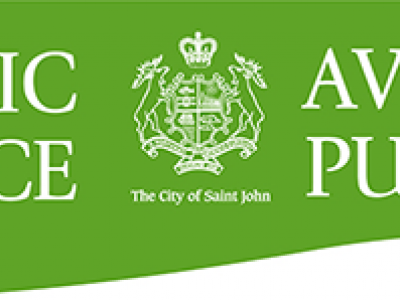The deadline for submissions is generally 4 p.m. on the Wednesday before a scheduled meeting. Deadlines for individual applications can be found in the Public Notices.
Submissions will be shared with Saint John Common Council and relevant staff and become part of the official public record. Submissions will also be posted on the City's website attached to the relevant agenda item. Your name will be posted with your comments, but your mailing address, phone number, and email address will not be posted online.
The appearance, safety, and integrity of buildings in Saint John have a direct impact on the lives of everyone in the City. It’s why the City of Saint John operates three specific programs that regulate the standards of properties and buildings in our communities, and enforce consequences for property owners who fail to meet the standards.
Vacant and Dangerous Buildings Program
Vacant buildings can sometimes attract vandalism, arson, mischief, or criminal activity and these activities will devalue properties in an area. The Vacant and Dangerous Buildings program monitors vacant buildings throughout the City. Staff work closely with property owners to repair and reoccupy or demolish vacant buildings. When vacant buildings become a hazard to public safety, a Notice to Comply can be issued to the owner giving them a specified period of time to either repair or demolish the building and if the conditions are not remedied, the City has the power to demolish the building and send the costs incurred to the property owner.
Community Standards Program
The Community Standards program focuses on issues that directly impact the aesthetics, enjoyment, and pride of a neighbourhood, including unsightly premises, zoning by-law issues, and general upkeep of properties. The primary focus of the program is on cleaning up unsightly properties throughout the City. Staff work closely with property owners to encourage the voluntary cleanup of such properties. In instances where voluntary compliance cannot be achieved, a Notice to Comply can be issued to the owner, giving them a specified period of time to remove the unsightly conditions. If the conditions are not remedied, the City has the power to remove the unsightly conditions and send the costs incurred to the property owner.
Minimum Property Standards Program
The Minimum Property Standards Program enforces standards for the maintenance and occupancy of residential buildings in Saint John. These standards help to ensure the safety, health, and well-being of those who live in and use the properties—in other words, everyone who lives in the City. The Minimum Property Standards by-law applies to all residential properties in the City and provides the minimum standards expected for all housing in the City. Common issues that City inspectors are looking for include smoke alarms that are working and in the proper location, safe exiting, bedroom windows meeting minimum size requirements, and that there are no holes in fire separations between units. Applying the Minimum Property Standards By-Law should not increase tax assessments.

